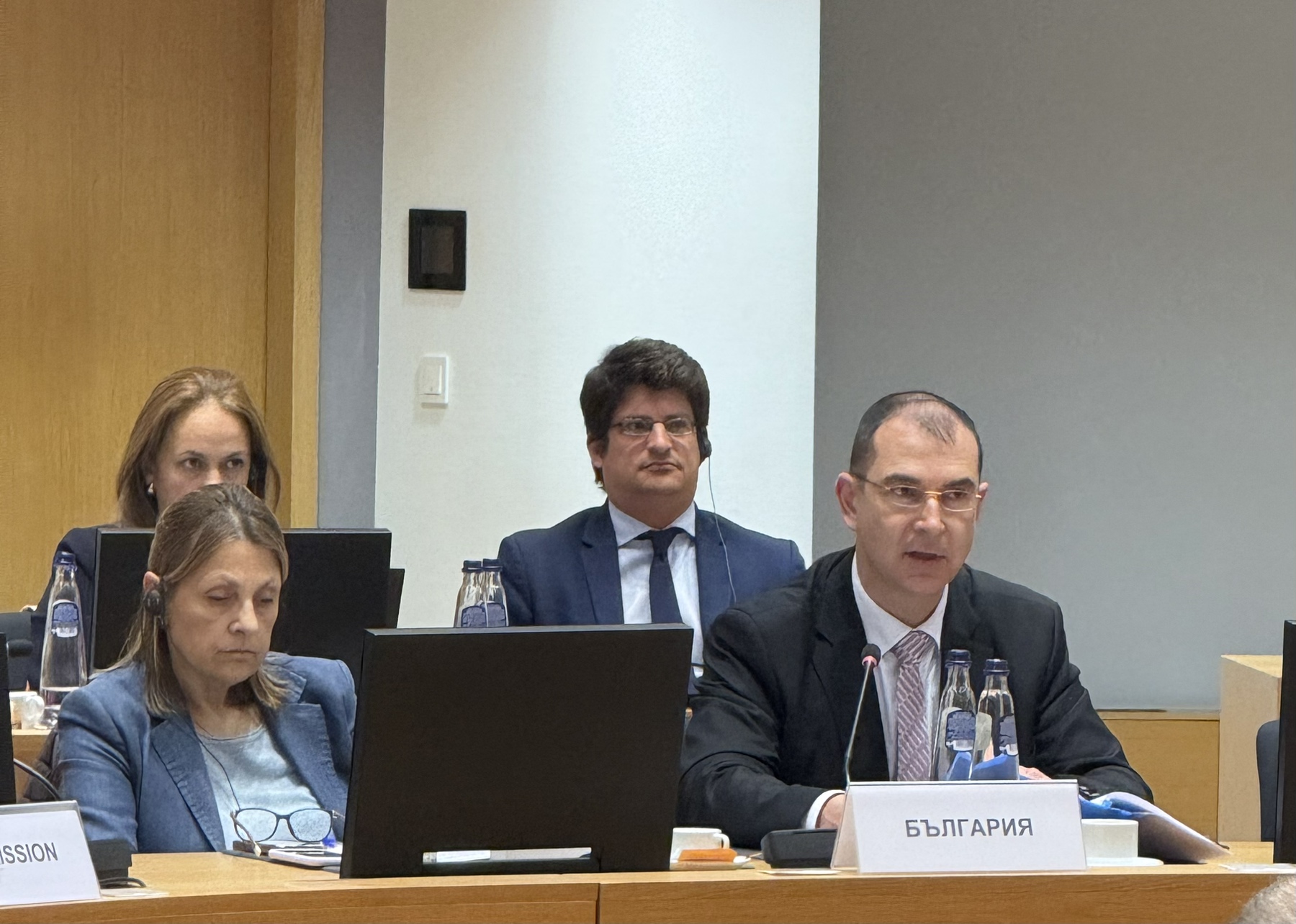
The new realities position outer space as a strategic asset contributing to resilience and security in crisis management. Satellite data from the European space programmes Galileo and Copernicus, along with artificial intelligence applications for data collection, play a key role in enhancing security and protection. This was stated by Prof. Georgi Angelov, Deputy Minister of Innovation and Growth, in Brussels.
He took part in the regular meeting of the Competitiveness Council of the European Union – Space Configuration – last Friday. The ministers discussed the topic “Space Data for Enhanced Resilience, Security, and Crisis Management.”
“It is necessary to ensure continuity of investment in capacity building, expertise in data processing, and cooperation between the public, academic, and private sectors,” he further noted.
For coordinated management of space data, it is essential to promote cross-border cooperation, as well as collaboration between various stakeholders at both EU and Member State levels. Capacity building and knowledge development are required to enable broad use of Earth observation data for cooperative purposes. Equally important are tools for more effective utilization through the reduction of technical barriers and complexity, including the use of artificial intelligence.
Within the framework of the Council, ministers responsible for competitiveness in the sector adopted “Conclusions on the Use of Satellite Data, in Particular from Earth Observation Constellations, for Civil Protection and Crisis Management.”
“A leading priority for Bulgaria will be to make the most effective use of the potential of space programmes in order to strike a balance between technological innovation — including AI solutions for satellite data processing — and ensuring security and resilience in the European Union’s crisis management,” stated Prof. Angelov.

